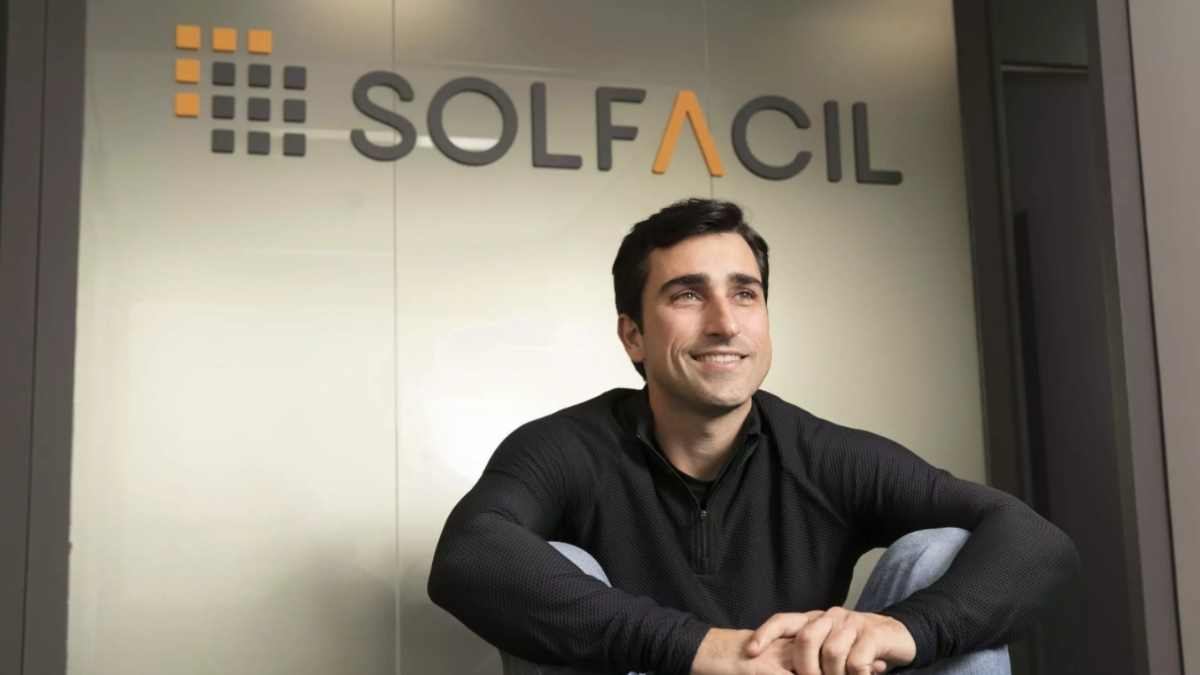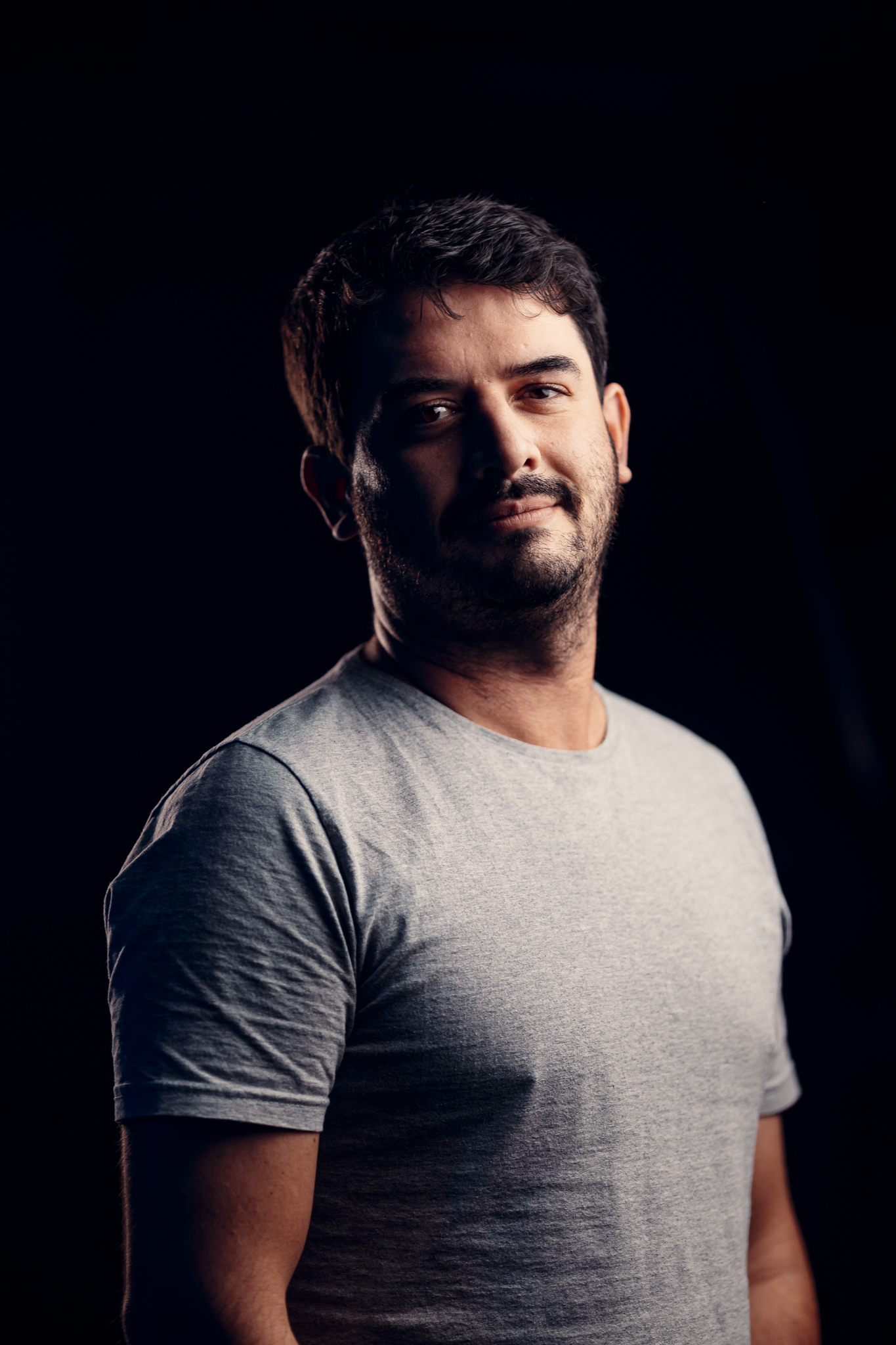Brazilian solar energy firm Solfácil diversifies and raises $100M in round led by QED

In the midst of the winter that hit the venture capital market, the month of May can contribute with at least one sizeable round to the balance for this quarter. Brazilian startup Solfácil, which started out as a credit fintech for consumers looking for a solar energy system for their home or business, and has been expanding its operations in this segment, has raised a round of US$ 100 million.
The series C round was led by QED, which had joined as an investor in the previous round, with the participation of SoftBank (hello again, stranger!), VEF and Valor Capital. The company is still in negotiations with a large international bank to raise a hefty sum of around US$ 100 million, but in the form of debt, which will double the fundraising in size.
According to Fabio Carrara, founder and CEO of Solfácil, the cash injection will be used to consolidate the current plan of diversifying the company’s operations. In the second half of last year, Solfácil launched a marketplace to connect installers with equipment sellers. The company currently has 8,000 integrators connected to its network.
In the near future, the company plans to hit the market with a connected device of its own, focused on monitoring installations remotely. Another step is to launch an insurance option for equipment and projects, in partnership with an insurance company.
The plan is to cover all aspects of a project, ensuring that it will happen in the best way for those who hire and for those who install solar energy systems, and – of course – diversify the company’s revenue sources.
With all these business streams, Solfácil expects to triple the credit volume, from 1,2 billion Brazilian reais ($233 million) to 3 billion Brazilian reais ($583 million), and increase its revenue by five fold throughout 2022. According to the executive, the projections already take the challenging macroeconomic scenario into account, which includes a drop in household consumption and an increase in payment default rates.
According to the CEO, the company’s proposition comes in handy given the current scenario. “We take people out of an eternal debt cycle with the energy company. It’s a strong offer and it’s part of the solution to some of these issues”, he said. On its website, the company gives examples of people who exchanged electricity bills worth more than 1,600 Brazilian reais ($310) for monthly installments of 1,300 Brazilian reais ($250) over a 72-month lease.
For a long time, solar energy has been underappreciated in Brazil, due of its high cost. But things have changed in recent years. The country’s solar energy generation equals the production of local hydro power plants such as Itaipu, and it has already surpassed other sources such as hydroelectric in terms of new capacity added to the grid. In 2021, output reached 5.7 gigawatts, second only to China and close to surpassing the US.
This expansion has happened through the installation of panels by consumers in their homes. And as the demand for electric energy only tends to increase with the growth of new technologies such as electric cars and other initiatives, the future is promising for Solfácil. “A significant part of the grid will grow in the [solar] front and we position ourselves as the company that will make this possible”, said Carrara.
Negotiations for Solfácil‘s series C round began at the end of last year and concluded in the first quarter, amid changing winds in the investment market.
According to Carrara, the current scenario did not interfere in the conversations because the company has shown a proposition able to navigate well in turbulent times. “With diversification, if payments decrease, we have other areas that can perform well”, he said.
He adds that the company was also created under a perspective of efficient use of capital, instead of seeking growth at all costs. Solfacil‘s operation still isn’t profitable, but it doesn’t burn a lot of cash. “Our burn rate is 10 times lower than that of other companies at a similar atage. We always believe in an efficient performance model”, he sais. The company currently has 500 employees and is expected to double its headcount by next year.
(Translation by Leandro Miguel Souza, editing by Angelica Mari)

Jornalista com mais de 15 anos de experiência acompanhando os mundos da tecnologia e da inovação, com passagens pelo DCI, Sebrae-SP, IT Mídia e Valor Econômico. Fundador e Editor-Chefe do Startups.com.br.